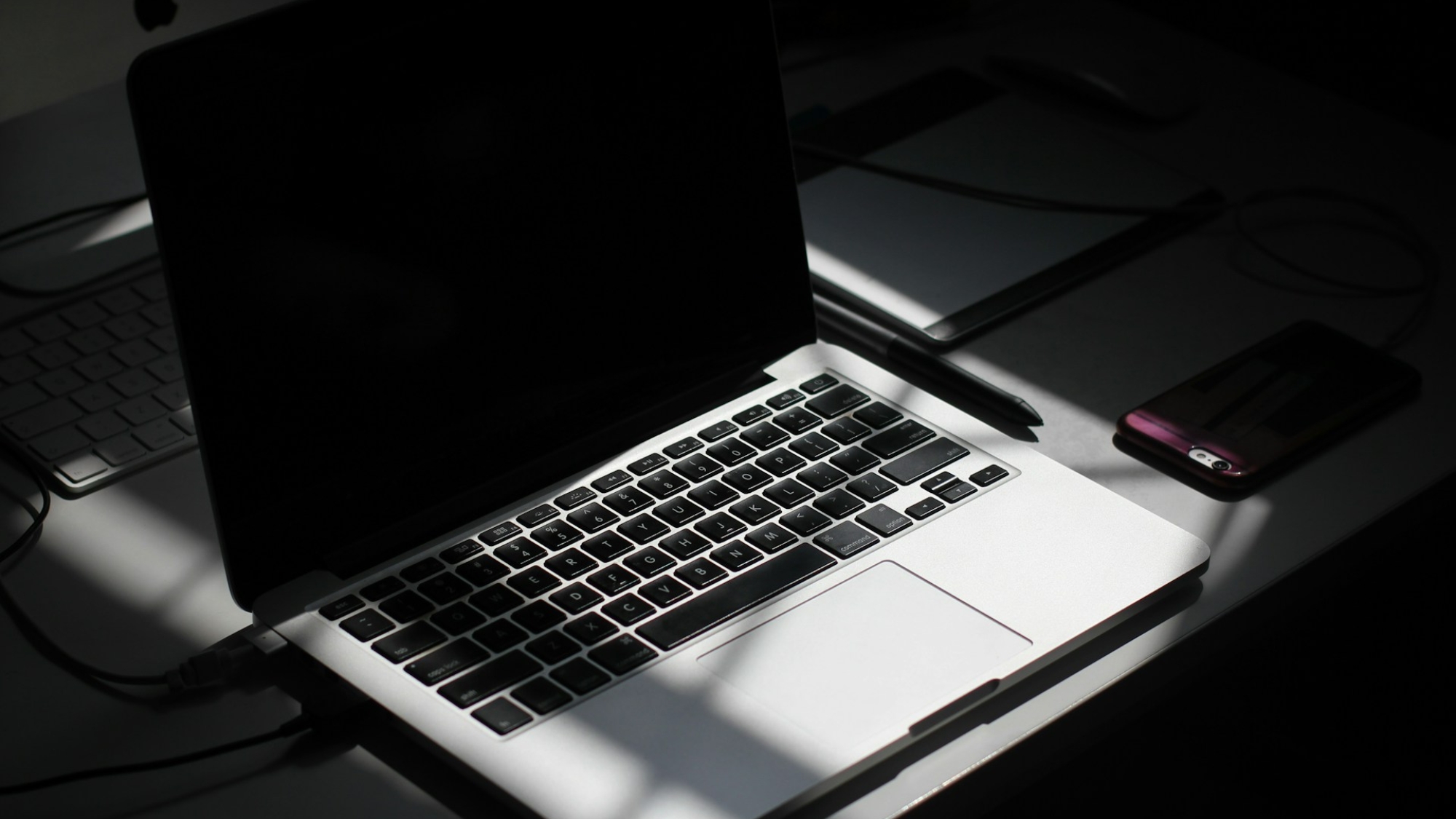In today‘s fast-paced digital world, a slow computer tends to be a great irritation and is very counterproductive. Whether you are dealing with an important project or just trying to browse the internet, these lagging performances disrupt your efficiency. Understanding the causes of slow computers is the first step toward fixing the issue. Below are the most common reasons your computer may be running slow, along with actionable tips to help get it back up to speed.
1. Too Many Programs Running in the Background
Your computer has limited resources, and running multiple programs simultaneously can overwhelm its processor and memory. Applications that launch at startup or remain active in the background are often the culprits.
Solution: Check your task manager (Windows) or Activity Monitor (Mac) to identify resource-heavy applications and close unnecessary ones. Disable non-essential programs from starting automatically.
2. Insufficient Storage Space
It may severely slow down your system when the hard drive becomes full. Your computer needs some free space for its temporary files and system updates. Without it, everything could be taking longer than usual: from opening applications to saving files.
Solution: Clear unused files, clear temporary files, or move large files onto an external drive or cloud storage. Upgrading to a larger hard drive or making a transition to an SSD can go a long way in boosting performance.
3. Using Outdated Software
Compatibility and efficiency problems emanate from using outdated software or older operating systems in running daily tasks. Up-to-date software is optimized on state-of-the-art hardware that an old system can no longer efficiently execute.
Solution: One needs to keep the OS and other applications updated; make full use of all automated updating whenever possible.
4. Virus and Malware
Malware infections compromise your computer’s speed and security; they mostly run in the background, undetected, and chew up CPU resources, slowing down your computer in the process.
Solution: Implement a good antivirus program and run the scans regularly, but avoiding suspicious links or downloading unsigned files will be a bonus.
5. Aging Hardware
Even with proper maintenance, hardware becomes outdated. Older components, including a hard disk drive (HDD) or limited RAM, for example, might not hold up to today’s program demands.
Solution: Consider upgrading your computer with more RAM, an SSD, or even a newer processor if necessary.
Conclusion
A slow computer is not only an irritant but can disturb your productivity. Finding the cause and applying a solution to it will easily restore your system‘s performance. Regular maintenance, like cleaning junk files, updating software, and hardware upgrades, keeps your computer fast and reliable. If the problem persists, then seeking a professional technician might be the best option.
